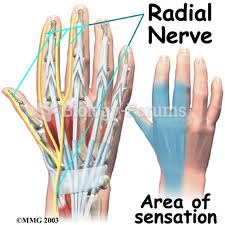|
|
|
The training of an anesthesiologist typically requires four years of college, 4 years of medical school, 1 year of internship, and 3 years of residency.
The familiar sounds of your heart are made by the heart's valves as they open and close.
As of mid-2016, 18.2 million people were receiving advanced retroviral therapy (ART) worldwide. This represents between 43–50% of the 34–39.8 million people living with HIV.
Children of people with alcoholism are more inclined to drink alcohol or use hard drugs. In fact, they are 400 times more likely to use hard drugs than those who do not have a family history of alcohol addiction.
Side effects from substance abuse include nausea, dehydration, reduced productivitiy, and dependence. Though these effects usually worsen over time, the constant need for the substance often overcomes rational thinking.
 Peripheral veins used in intravenous therapy; A, forearm; B, dorsum of the hand; C, dorsal plexus of
Peripheral veins used in intravenous therapy; A, forearm; B, dorsum of the hand; C, dorsal plexus of
 The tools necessary to adjust the valves on an engine with adjustable rocker arms include basic hand ...
The tools necessary to adjust the valves on an engine with adjustable rocker arms include basic hand ...





